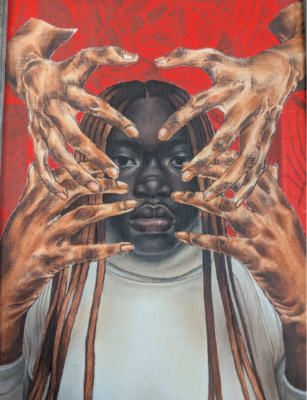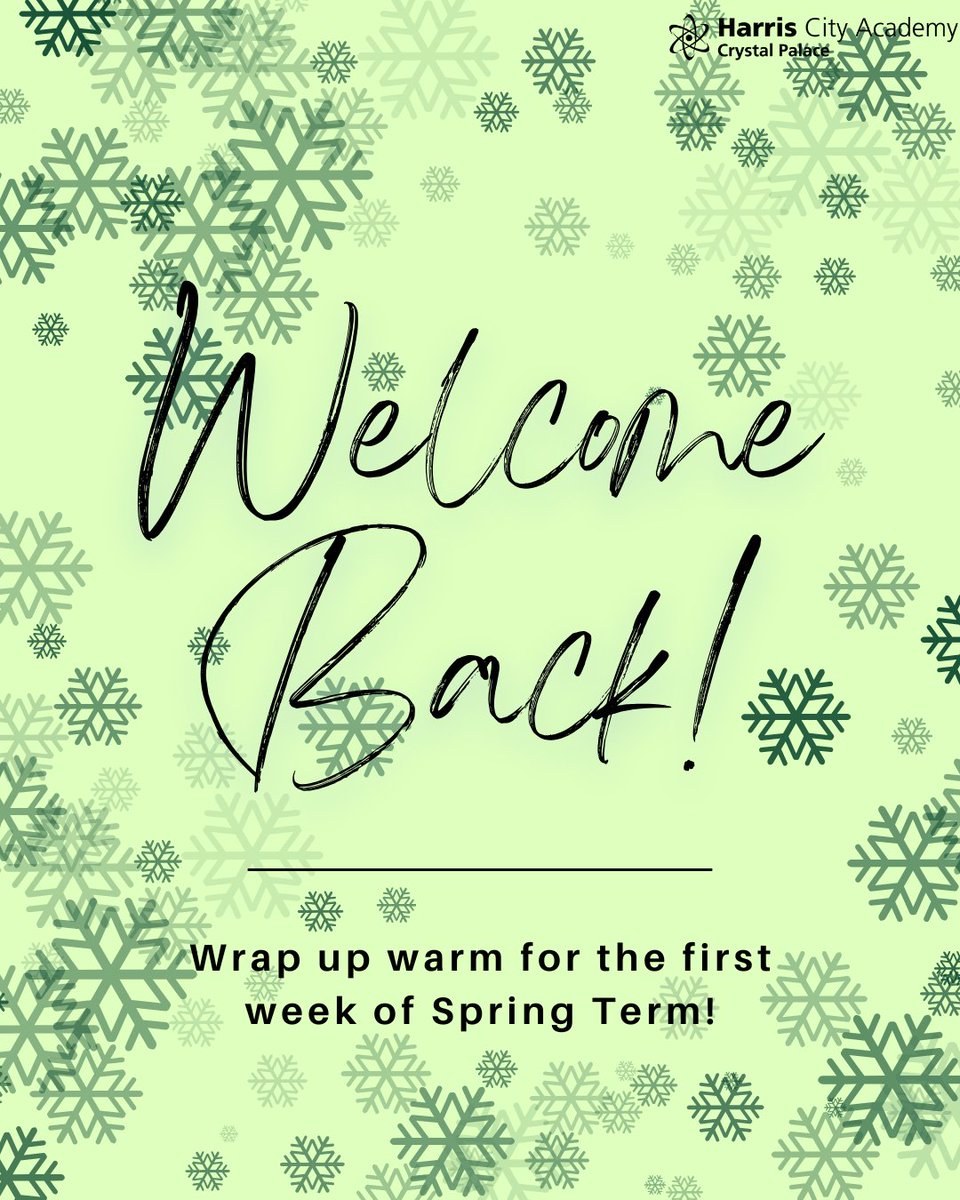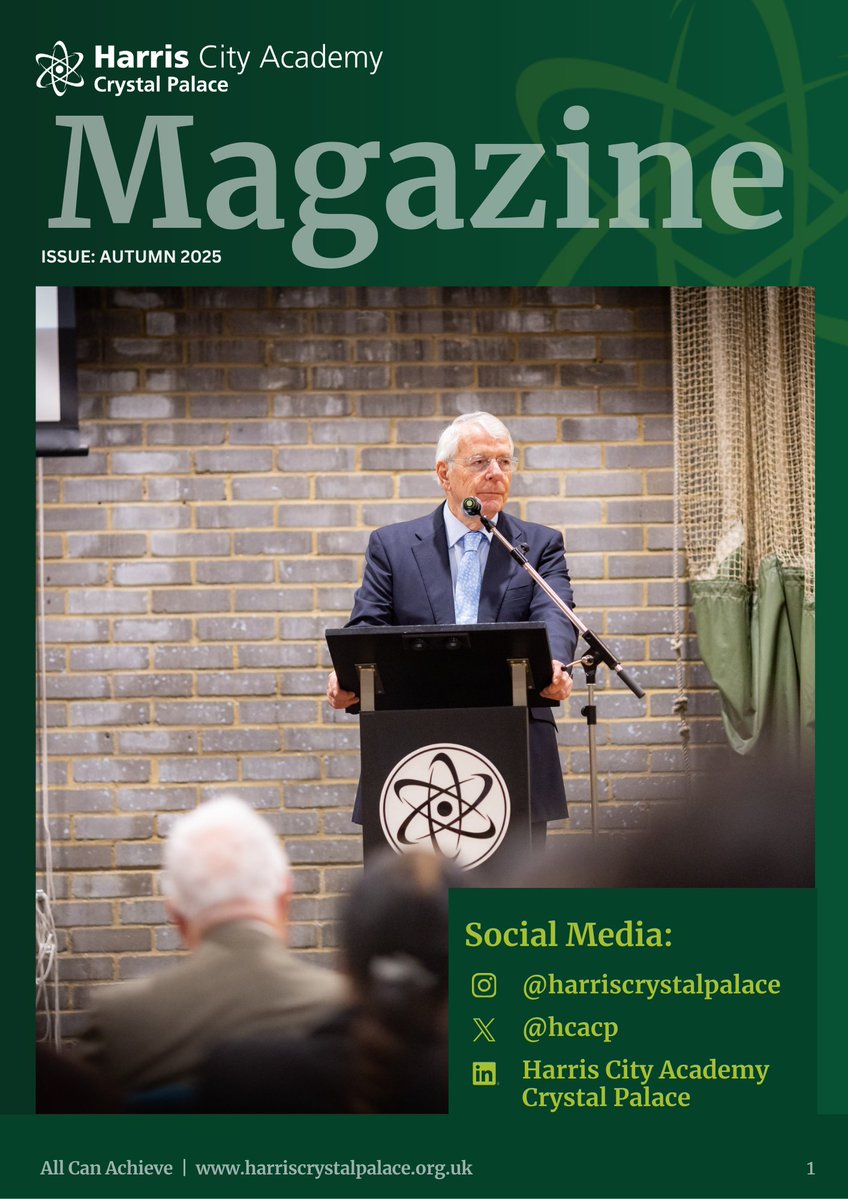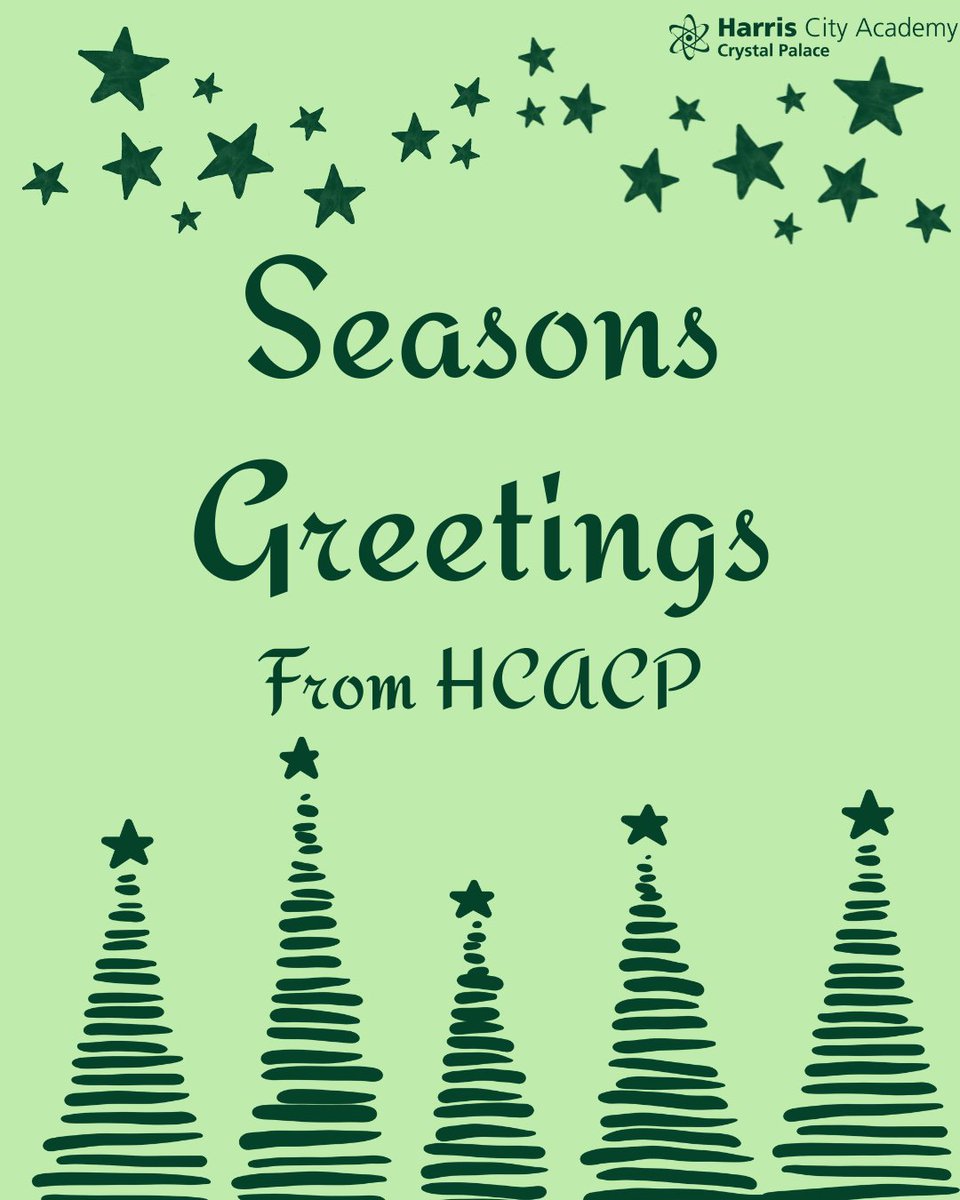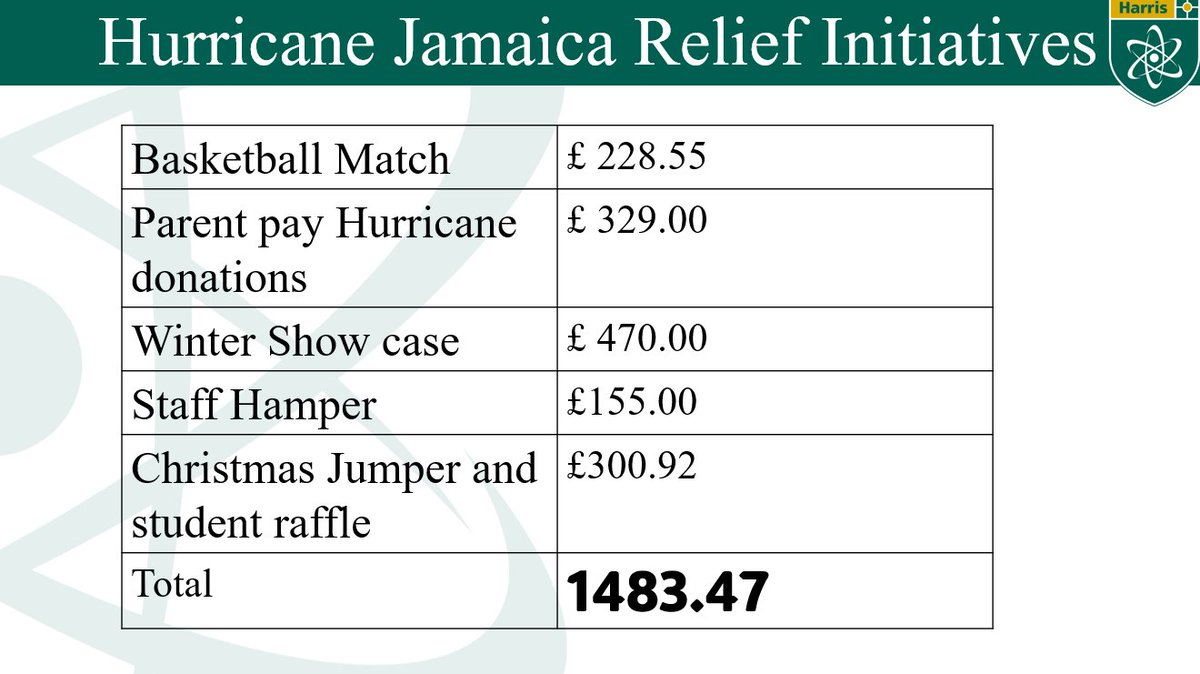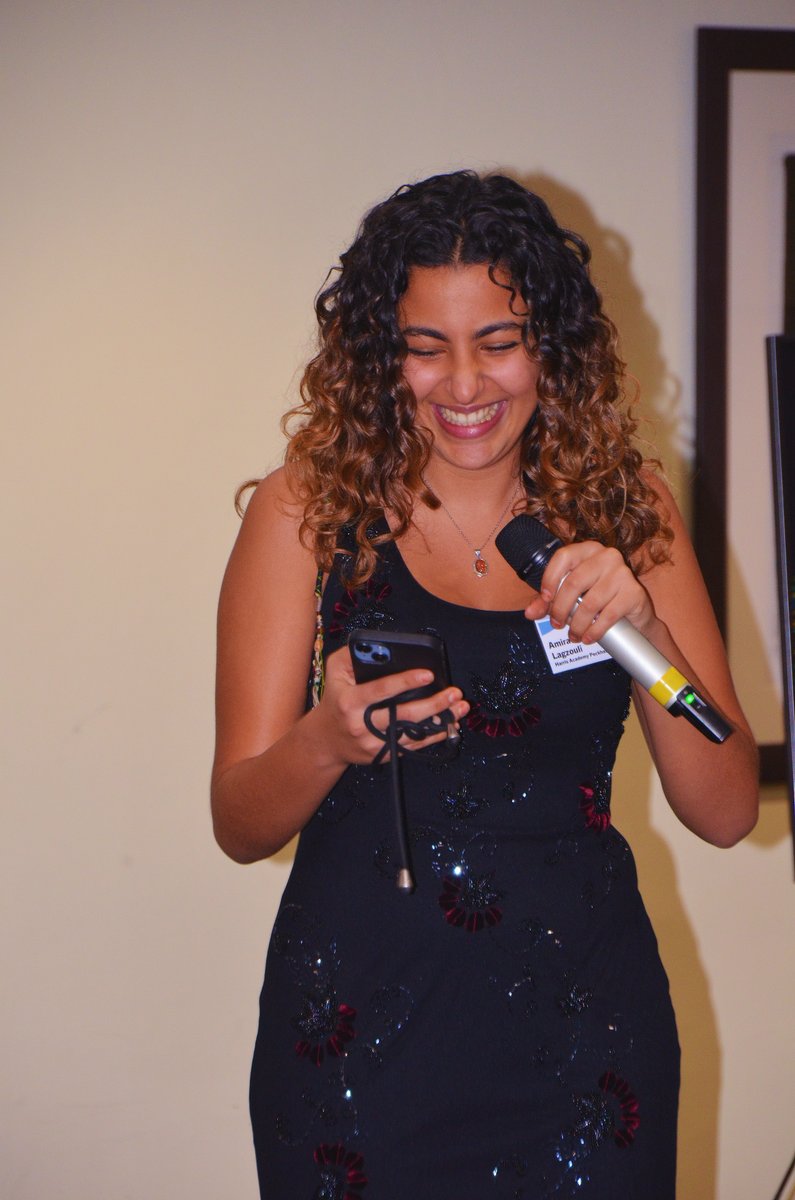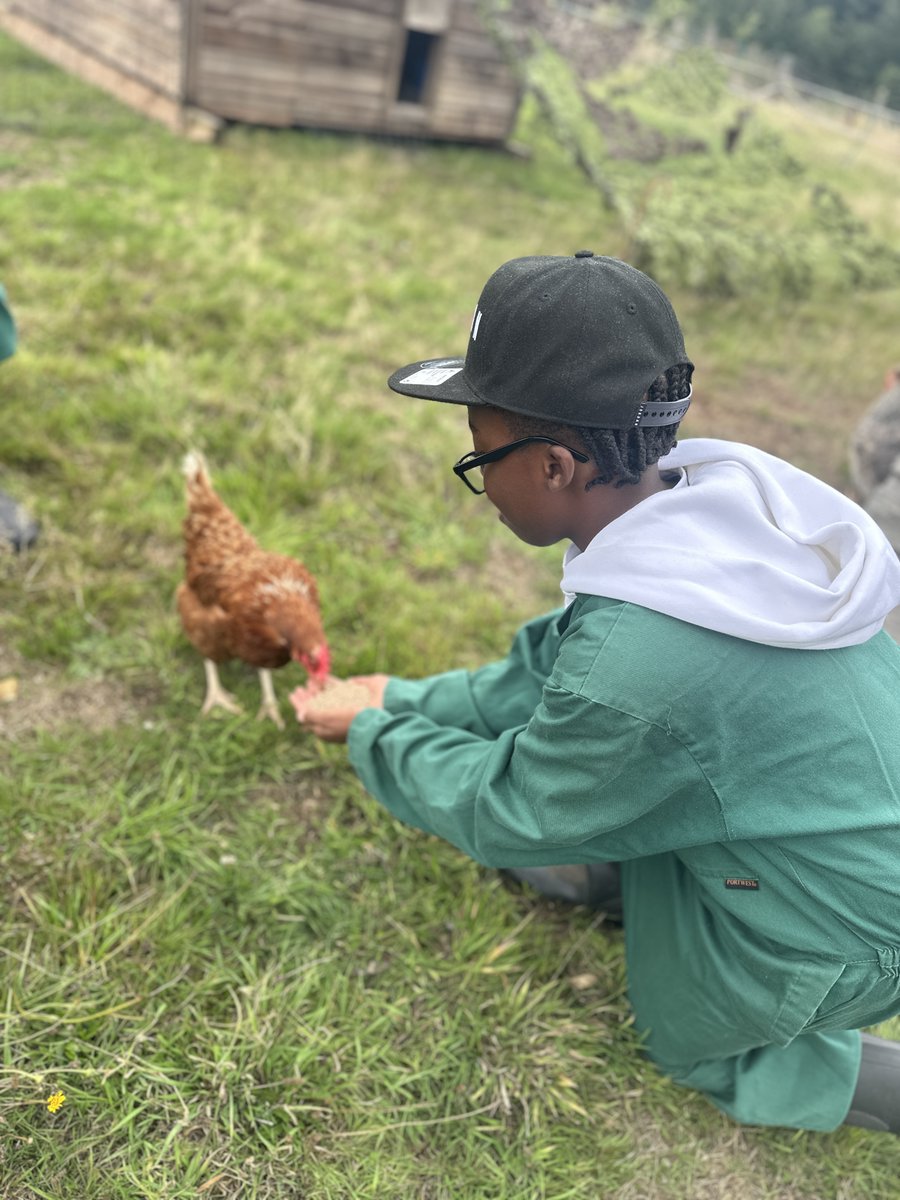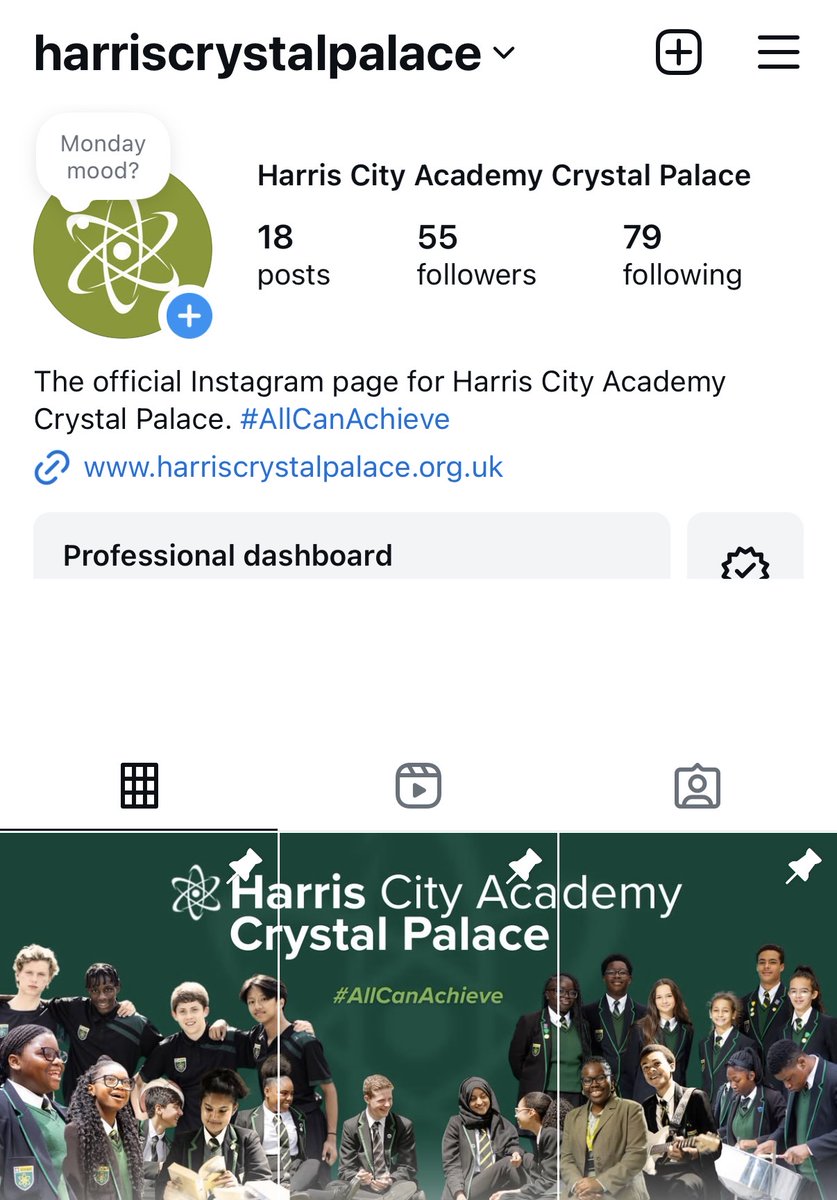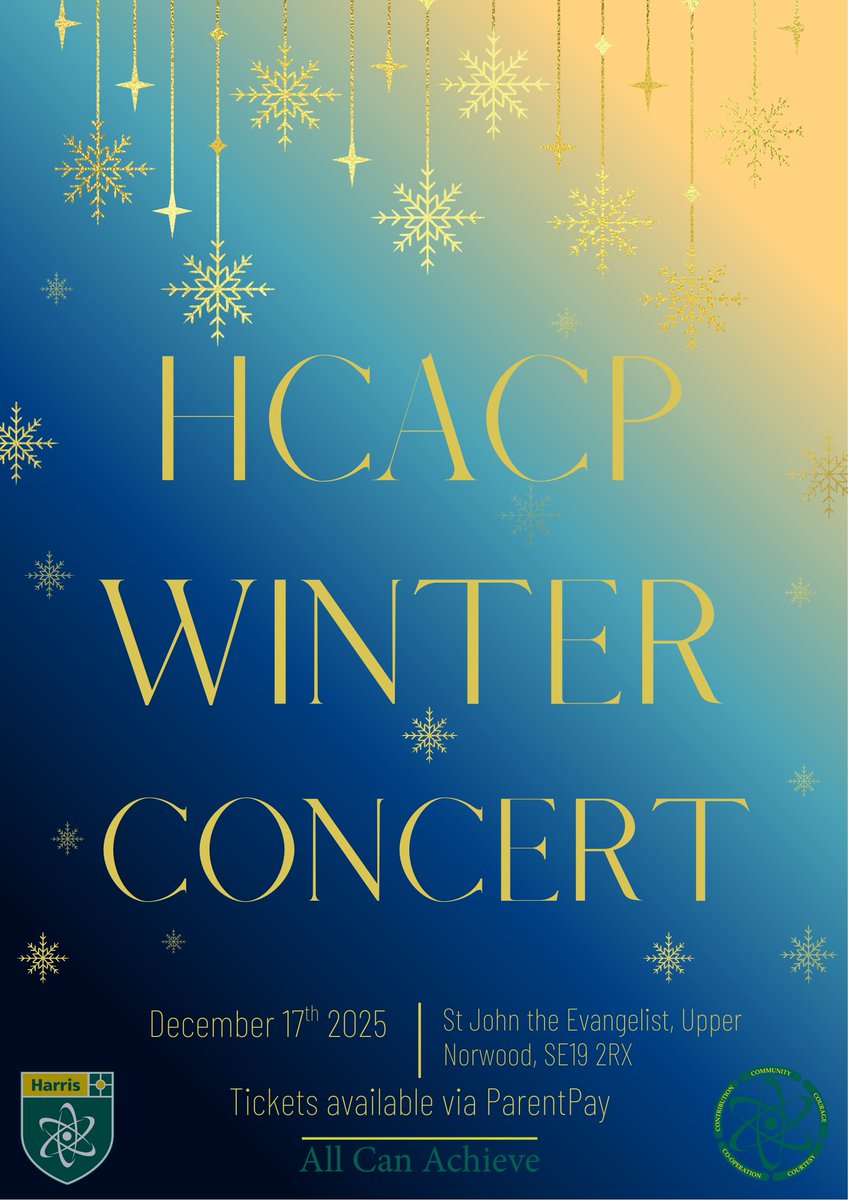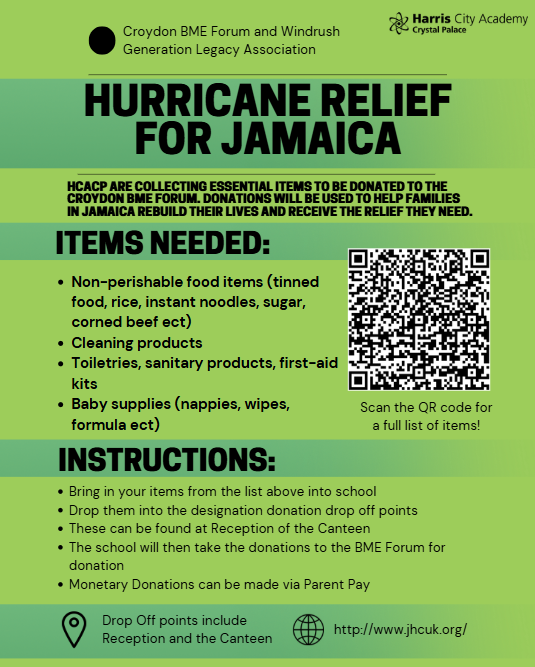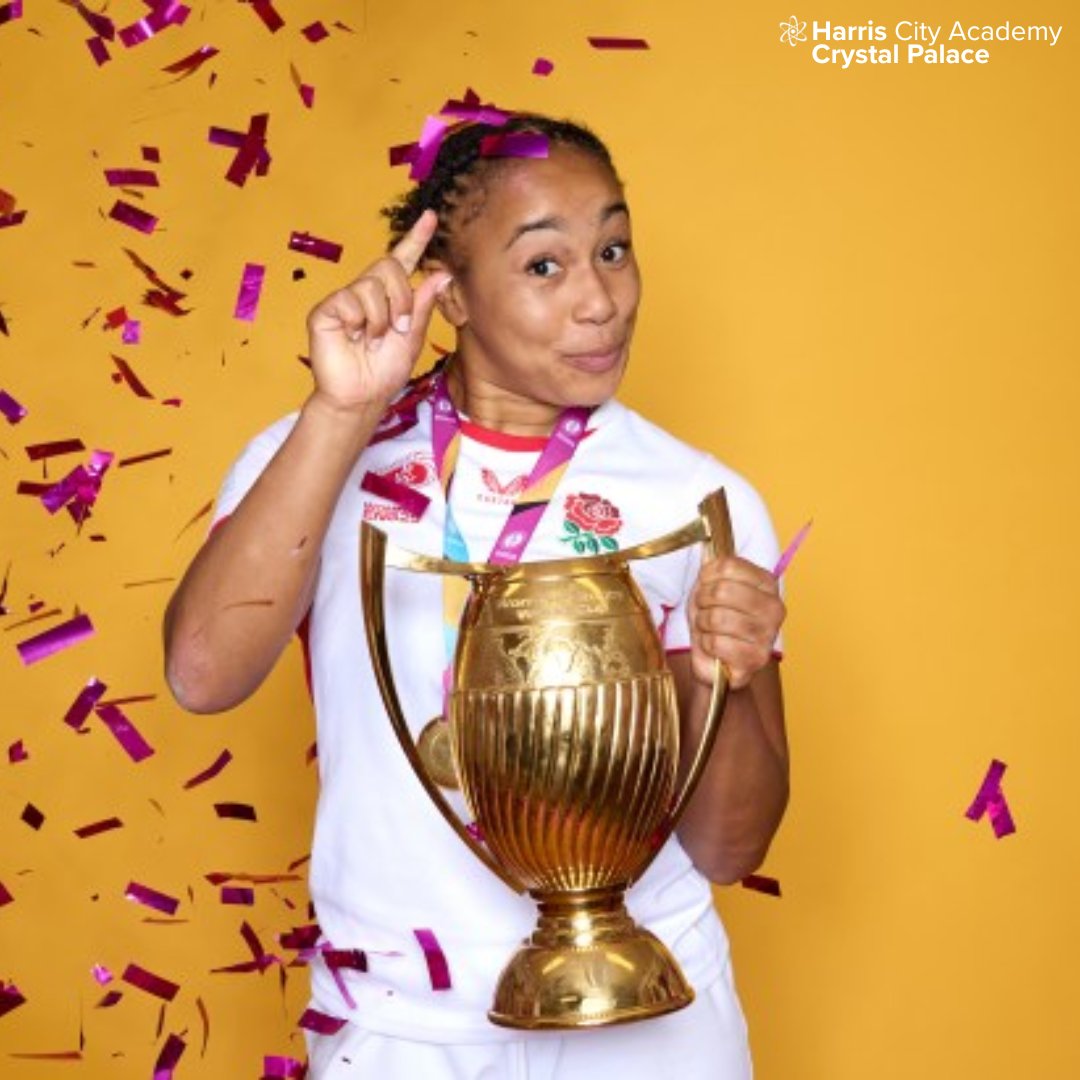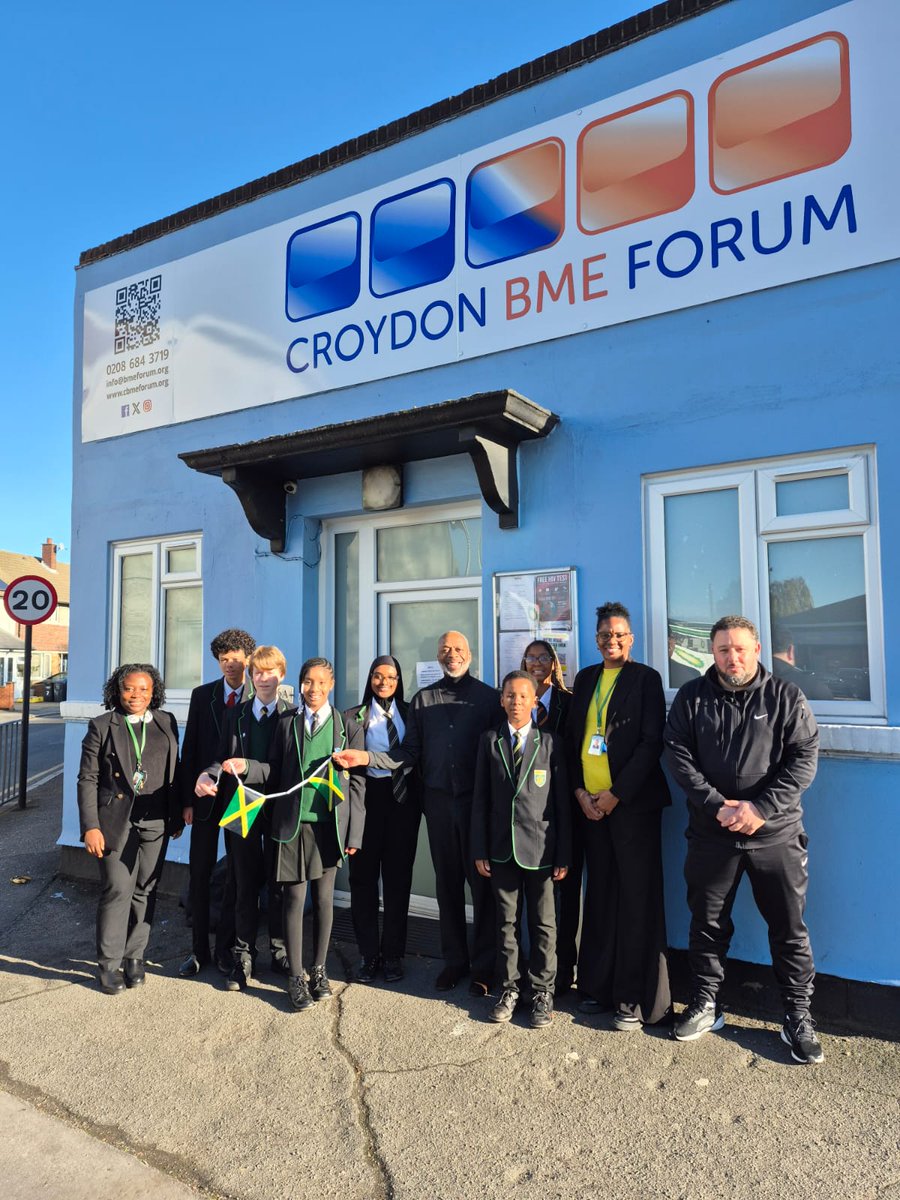Literacy
Literacy enriches a person’s life and enhances their life chances. It is essential that our students develop proficient literacy skills in order to gain the knowledge, confidence and motivation to be successful in their learning.
The responsibility to develop students’ literacy skills lies with the entire staff body, parents and carers. It is through this collective effort that students will be able to access learning across the curriculum.
Our aim is to foster a love of reading and develop enquiring minds that both think and question critically. A priority focus is to improve the ability of our students to write extended prose which demonstrates their skills of reason and argument in a clear and coherent manner.
Developing vocabulary
Research has shown there is a direct link between the size of student’s vocabulary and their academic achievement. Children with a wider vocabulary make faster progress at school, in further education and beyond. Narrow vocabularies directly affect students’ grades in all subjects.
Disciplinary literacy emphasises ways of knowing and communicating knowledge within a subject discipline. It helps students understand how language works in different subject areas and supports their understanding of how vocabulary is used, how question phrasing will shape the answer expected, and how to interpret the written and graphic materials used for learning.
At Crystal Palace we ensure that we are carefully selecting No Excuse Vocabulary, which is the vocabulary that is linked to our subject and enhances the students’ ability to speak academically in each subject.
To ensure we are enhancing our students’ ability to use words in their own speech and writing with confidence, both within and outside the classroom, we teach a three-tier structure for vocabulary.

Teachers guide students through reading complex and challenging texts by isolating Tier 2 and Tier 3 vocabulary to support them in accessing complex material and embed the use of more sophisticated vocabulary in not only their reading but oracy and writing skills too.
Alongside explicit teaching in lessons, our students develop their disciplinary literacy through the online programme, Bedrock (see below).
Bedrock learning
 All pupils in years 7-9 use an online vocabulary programme called Bedrock to help them become word-aware and as a tool to improve their vocabulary.
All pupils in years 7-9 use an online vocabulary programme called Bedrock to help them become word-aware and as a tool to improve their vocabulary.
The programme allows students to access both non-fiction and fiction texts to improve their reading skills and learn new vocabulary that will enhance the way they read, speak and write across all their subjects. As students’ progress through the Bedrock curriculum, they will study hundreds of new words.
You can log in to Bedrock at https://app.bedrocklearning.org/.
When students first log in they will be asked to complete an alpha test. This must be completed on their own as it means that the programme is designed around them. Logins are provided by your child’s English teacher.
There are prizes for students who are dedicated to their Bedrock homework and score highly in their progress reports. This year this included a trip to the Lorraine Hansberry play, A Raisin in the Sun, for our top Bedrock Year 9 students.
Literacy intervention
Students' reading ages and abilities are identified through NGRT (the National Reading Test) testing which is carried out every six months. If students are falling below their chronological reading age they receive additional support and or intervention to help them catch up.
In addition to NGRT, all students complete the Lucid Exact Screener which looks for further possible literacy/language needs and access arrangements as it provides indicators regarding the students’ skill levels in literal comprehension, vocabulary, inference and analysis.
Students with below age-expected levels for reading comprehension are allocated literacy catch up provision. We use the Hackney Literacy Trust Programme, and this is taught by the SENCO. Students with specific difficulties at word level and/or with a dyslexia diagnosis have designated support with the Specialist Dyslexia Teacher.
 Reading
Reading
Students in years 7-10 have dedicated time to read twice a week in our Bookclub.
Each year group is allocated a novel from a contemporary new and exciting author and for the duration of the tutor time we read together.
The students are introduced to new authors, themes, countries and issues through carefully selected books, chosen for our multi-cultural demographic.
Tutors read to the students and guide them to understand the content. You can see a list of what we are reading below.
|
|
Year 7 |
Year 8 |
Year 9 |
Year 10 |
Year 11 |
Year 12 |
|
Autumn / Term |
Refugee Boy
By Benjamin Zephaniah |
Liccle Bit
By Alex Wheatle |
My Name is Loen
By Kit De Waal |
Girl with The Louding Voice By Abi Dare |
Nickle Boys
By Coleson Whitehead |
This is Going to Hurt
By Adam Kay |
We also invite these authors in to discuss their books, their characters and their lives as writers with our students.
There is a dedicated library where pupils can borrow a range of current fiction and non-fiction books, with regular new publications added every term.
Reading at home
Below are some useful links to reading resources and other tips to help keep reading engaging and positive. Please do share your own ideas and experiences with us too.
Our online library, where you can download PDF copies of many books, can be accessed here. You can select from a range of books aimed at Key Stages 4 and 5.
For access to digital books at home and audiobooks you can try these websites:
- Project Gutenberg - good for classics.
- Audible.com – free (30 days) audible books for all ages.
- Have a look at World Book Day’s World of Stories, where you can listen to audiobooks of some of your favourite books.
- Literacy Trust: The Book of Hopes. Completely free for all children and families, this extraordinary collection of short stories, poems, essays and pictures has contributions from more than 110 children’s writers and illustrators, including Lauren Child, Anthony Horowitz, Greg James and Chris Smith, Michael Morpurgo, Liz Pichon, Axel Scheffler, Francesca Simon and Jacqueline Wilson.
- Literacy Trust: Virtual School Library
- Time Edge is a digital magazine that teaches about current events. All of the content is written by the editors of the world famous publications TIME and TIME For Kids. You'll need to submit your email address to access the magazine.
Oracy
At Harris City Academy Crystal Palace, pupils learn effective communication skills which allows them to communicate key ideas and opinions in a range of contexts.
Our subject-specific focus on using academic language and vocabulary helps to support pupils to become ‘experts’ in that subject. Teachers plan opportunities where students can listen sensitively and respectively to others’ ideas.
Pupils are encouraged to become experts at speaking through a variety of enrichment clubs such as Debating Club and participating in discussion through a variety of different forums, such as the Student Council.
Debating Club is a successful enrichment where pupils are taught how to speak on the public platform and master the skill of thinking and speaking on their feet. Students often have the opportunity to compete against other Harris Academies through Federation-wide competitions.
 Reading and literacy rewards
Reading and literacy rewards
Harris City Academy Crystal Palace students are encouraged to read a range of different types of literature. As part of the Summer Success Passport, we make a range of age-appropriate book suggestions. Students must read three books, chosen from six categories, to fulfil the reading success criteria. The categories are:
- Diverse author celebration
- An American text
- A non-fiction text about how things are made, or a part of the world students know little about
- A 19th century classic
- An autobiography
- A novel about humanity and society
